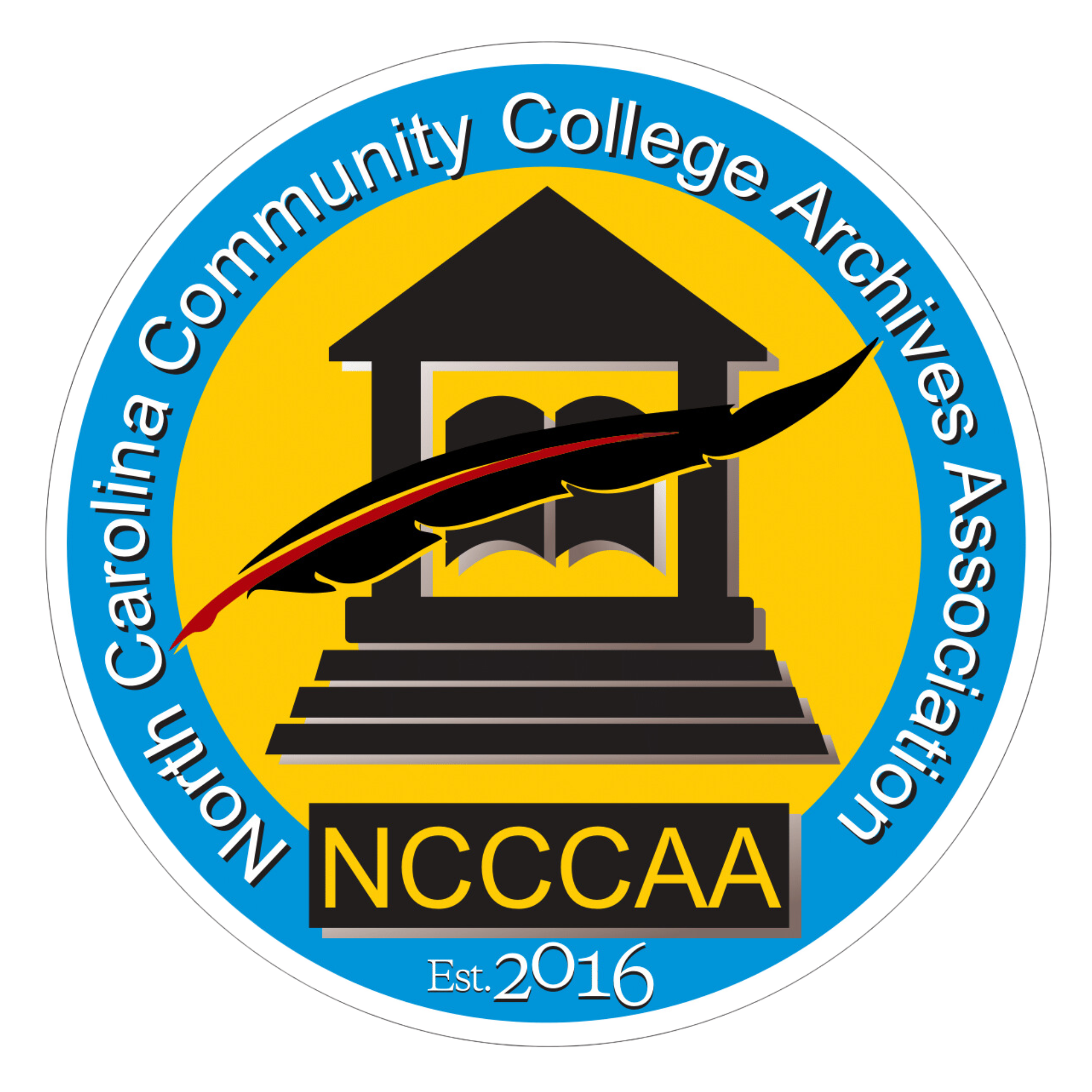Our History
Our History: A Journey of Growth and Innovation
Mission
The North Carolina Community College System is committed to providing high-quality, accessible educational opportunities that minimize barriers to post-secondary education, maximize student success, and improve the lives and well-being of individuals. We focus on education, training, and retraining for the workforce, support for economic development, and services to communities and individuals which improve the quality of life.
Origins and Evolution
Post World War II, North Carolina recognized the need for an education system that went beyond high school but didn’t necessarily require a four-year degree. This realization led to the establishment of a system of tax-supported community colleges, initiated by a study authorized in 1950 by the State Superintendent of Public Instruction.
Formation and Expansion
In 1957, the General Assembly adopted the first Community College Act, providing funding for community colleges and initiating a statewide system of Industrial Education Centers. By 1966, the system had grown to 43 institutions, and it continues to expand, with Brunswick Community College becoming the 58th in 1978.
Unified Vision
The need for a unified system led to the creation of a Department of Community Colleges under the State Board of Education in 1963, providing comprehensive post-high school education. The system has been under the guidance of various chairpersons and eleven presidents, contributing to the development and progress of community colleges in North Carolina.
Presidential Leadership
The North Carolina Community College System has had eleven presidents: I. E. Ready (1963-1970), Ben E. Fountain, Jr. (1971-1978), Larry J. Blake (1979-1982), Robert W. Scott (1983-1995), Lloyd V. Hackley (1995-1997), Martin Lancaster (1997-2008), R. Scott Ralls (2008-2015), James C. (Jimmie) Williamson (2016-2017), Peter Hans (2018-2020), Thomas Stith (2021-2022), and Jeff Cox began as the 11th president on June 1, 2023. Charles R. Holloman, George Fouts, Jennifer Haygood, and Bill Carver also served in interim and acting capacities.
Legislative Changes
In 1979, the General Assembly changed the state control of the system, creating a separate State Board of Community Colleges, which assumed full responsibility for the system on January 1, 1981.
Continued Commitment
The North Carolina Community College System stands as a beacon of accessible and quality education, reflecting North Carolina’s commitment to developing a globally and multi-culturally competent workforce and improving individual lives.
Explore Our Legacy
Discover more about our journey, our leaders, and our ongoing commitment to education.
North Carolina Community College Archives Association
 The mission of the North Carolina Community College Archives Association is to promote the establishment, development, support, and preservation of college archive and special collections within the 58 institutions of the North Carolina Community College System and to serve as a statewide voice on behalf of North Carolina community college history.
The mission of the North Carolina Community College Archives Association is to promote the establishment, development, support, and preservation of college archive and special collections within the 58 institutions of the North Carolina Community College System and to serve as a statewide voice on behalf of North Carolina community college history.
The Association was established in 2016 and its primary activities include networking and exchanging information among members throughout the state, providing professional development opportunities, advocating for institutional archives on a local and state level, promoting the preservation of North Carolina community college history, and fostering an awareness and appreciation for the importance, significance, and value of college archives collections.
For more information, contact the Association.
